Many mornings I wake up with huge themes of history clear in my mind like great landscape vistas before my eyes. The words start rolling to describe these insights.
This morning I beheld the deep understanding of why Socialism was an inevitable political, economic, cultural, racial and even spiritual development in human societies. Here I will share this knowledge in general form, with a smattering of specific details and examples to enlighten the broad theme.
Socialism: Fake & Real
Some form of Socialism must have emerged starting in the mid 1800s, and increasing at the turn of the 20th century, given the extraordinary conditions that developed. Known as “Industrialization,” the process began to develop machinery applied to work, introducing the steam engine to replace such pre-industrial methods as windmills and overshot water wheels to grind grain and even drive looms to weave fabric. Mostly at this time women and girls had to card and spin wool to make thread, then work the threads through hand-operated looms to make fabric, which they then cut and sewed into clothing. The amount of time and effort this took is almost incomprehensible to us today. The rise of the cotton industry, not exclusively but significantly in the U.S. Southeast using black slave labor, began to mitigate the arduous work of this hand-made wool process. And they still had to milk the cows, tend the kitchen garden, haul the firewood and all the other chores of rural village life.
This rural, village, pre-Industrial life precipitated the Aristocracy and Royalty throughout European nations as they developed. The peasants lived under a Feudal system that took some of their productivity for the small educated, literate and monied upper ruling class. This led all the way to the emergence of the Monarchy governments that dominated European nations for hundreds of years. Most of these monarchs were an inter-related extended family, making European wars of this period family squabbles. This in turn led to the European “Empires” that developed colonies in other parts of the world, ironically for access to natural resources needed in the new Industrialization. It is ironic because Industrialization precipitated the end of the Monarchies themselves, forced out by the declared need for the new Socialism. Mostly, Socialists used worker needs to depose the Monarchists.
Significantly as an aside here, Germany did not become a real European nation until 1871, long after the other European Monarchies had existed. And Germany did not truly enter the European theater as a Monarchy, but moreso as a nominal Socialist state, necessitated by the Industrial Age in which it was founded by Otto Bismark. Germany developed colonies for resources, poised to overcome even the British Empire with its industrial prowess, but its colonies were stripped away after WWI.
To return to our timeline, Industrialization changed the entire peasant/feudal/village/rural and Monarchical/Aristocratic system. It was perhaps the most profound change in daily life humanity has ever endured. And it changed the predominant form of government. People began abandoning their village life—out of necessity and somewhat out of induced preference—and flooding to the new expanding cities. They sought work in factories and the building of industrial infrastructure of all kinds (roads, bridges, ports, warehouses, plants, later communications lines, power lines, railroads, refineries etc.). Others concentrated in certain rural areas where resource extraction was underway to feed the expanding Industry, such as coal and iron ore mines, timber harvest, and others. The lives of the workmen descending into the mines for 16 hours per day are horrific to imagine today.
The lives of almost all of these struggling masses were horrific, at work and at home. This is why Socialism became a necessity. People were crammed into overcrowded dilapidated tenements, with poor indoor air quality, limited water access, none of our modern sewage removal or treatment, inadequate heating systems in the winter, no adequate cooling systems in summer, shortages of nutritious food, no food storage such as refrigeration, and disease rampant at times throughout the tenements.
Again as an irresistible tangent, deaths from “infectious” disease were highest in the early 20th century due to these conditions, and declined steeply throughout the 20th century to almost nothing today (despite the propaganda) before any vaccines were ever introduced. Deaths in the U.S. attributed to some diseases, such as typhoid and scarlet fever, declined almost to none without any vaccine every deployed. Inflicted, is the proper word.
The men, and many of the women and children too, were forced off to work for long hours in unsafe and unsanitary work places. They had no work place safety laws, no collective advocacy (labor unions or the German Labor Front), no humane limits on workday hours, no paid holidays, no overtime pay, no laws against child labor, no compensation when workers were killed in factory disasters such as fires with no safety exits provided and indeed doors and windows locked to prevent absenteeism, no workers’ compensation at all, no living wages or benefits, and no way to organize and advocate on their own behalf. No matter how long and how hard they worked, they remained in poverty and were essentially lifelong slaves to the factory owners, “Industrialists,” “Robber Barons,” bankers and wealthy powerful Jews. Life was horrible for huge swaths of the human population.
Even the otherwise honest Yandex search engine shows this happy multi-racial worker image for search term “worker tenements.” Black Neo-Communist worker power!
Surprisingly, the Brave search came up with this:
At first, worker life was horrible. We can see why the ideology of Socialism arose from these conditions among these folk. Any middle class was limited, with the gap between rich and poor polarizing and expanding even beyond the feudal conditions, when peasants were cash poor but lived reasonably dignified and healthy lives compared to their Industrial nightmare. They knew they were being cruelly exploited and used to glut the depraved desires of their oligarch masters, and resentment grew.
Karl Marx (Moses Mordechai Levy), Jew, had been appealing to this resentment for decades already, and Communist activists began to incite, organize and direct these working masses, promising a “dictatorship of the proletariat” and a “worker paradise.” The appeal was irresistible to many, since their desperation was great. In this context I consider this form of Communism an expression of Socialism, which I have not yet defined.
Socialism: A system of organizing and structuring industrial societies in order to provide benefit and dignity to the lives of the largest segment, the working class.
I know this is simplistic, and Socialism can apply in pre-Industrial and post-Industrial societies too, and in some ways even Monarchies expressed aspects of Socialism, but this is the definition I want us to consider in the context of this analysis throughout this historical time period.
Communism
Communism took this further, with a promise of transforming the working class into the owner class, making everyone equal in outcome, through a phase of government totalitarian ownership and control of all industry, leading to an all-loving, all peaceful utopia. In this context this appears sheer madness and was designed literally to lead the working masses down the garden path, into a worse dystopia of dictatorial control and exploitation even than their industrial servitude or even their lives under Monarchic feudalism.
Communist socialists used propaganda as mass mind control to portray a conflict between workers vs. owners, labor vs. capital, inciting strikes as a weapon which only made conditions for workers worse. Communists got workers killed in protests and organized demonstrations against “Capitalists,” and their lives became even more impoverished when they were fired, replaced by “scabs.” This was desirable to Communist leaders, many of them Jews or informed by Judeo-Talmudic Marxism. They needed the industrial working masses to remain desperate in order to convince them to espouse and support the utopian fantasy of Communism. One of history’s greatest swindle-grifts, for sure.
Communist Jew Kills the Champion of the Working Class
Here we will look at one example that should reveal all the rest. The Czarist Monarchy in Russia was slow to address the needs of their new industrial workers, creating conditions for Jewish Communists such as Leon Trotsky (Lev Bronstein) and Vladimir Lenin (Ulyanov, 1/4 Jewish) to incite a worker rebellion in 1905. Conditions had been improved for the Jewish Communists by the funding of the Japanese in the Jappo-Russian war of that year, in which Jewish Wall Street banker Jacof Schiff, operating on behalf of the Jewish Rothschilds, had loaned huge sums to the Japanese. This allowed the Japanese to win the war, seizing Port Arthur from the Russians, who were actually leasing it from China. And this made the Czarist government less popular with the working masses and weaker domestically, ripening them for a revolution—part of the Jewish Communist plan for Russia. Can you imagine starting and funding a war in order to weaken a huge nation for a Communist revolution? The evil of such a thing must be beyond the comprehension and even imagination of most of us.
The Czarist Monarchy suppressed the rebellion and expelled the Communists, Jews and all. But it recognized the need to address the legitimate grievances of the workers. So Czar Nicholas II appointed Pyotr Stolypin to be Prime Minister and enact the reforms needed to Socialize the government and address worker needs. This Stolypin did, implementing many of the standard Socialist measures, including legalizing worker land ownership with rights of inheritance, a major development from the Monarchist/Aristocracy model. Work place conditions started to improve, wages rose, worker housing became better, benefits accrued, and thus worker desperation began to subside. Too many workers began to forget about the need for Communism. This also showed that Socialism could be successfully applied within a Monarchist government.
So the Communists killed Stolypin. That’s right, the man who was so significantly improving the lives of industrial workers and the rest of the “proletariat”—something Communists say they want—became too successful at it. Worker discontent was diminishing, and Communism was thus becoming irrelevant. On September 14, 1911 a Jewish assassin named Dmitry Bogrov (real first name Mordechai), shot Stolypin in the presence of the Czar at a public opera. Stolypin died 4 days later.
Questions remain whether Bogrov was motivated by what he claimed was the Czar’s “antisemitism,” or by the strategies of the Socialist Revolutionary Party of which he was a member, or for motivations to do with his role as an informant to the Czar’s Okhrana, the Russian secret police. No question remains whether Bogrov was Jewish, however, and his motives in killing Stolypin are most likely a combination of the first two. For our purposes of understanding Revolutionary Socialism (Communism), Bogrov killed Stolypin because he was helping the industrial working class too much and they were losing interest in Communism. Bogrov was acting out of his Jewish nature as expressed through Revolutionary Socialism (Communism).
After all, only 6 years later the Jewish Communist Revolution succeeded in Russia.
National Socialism
National Socialism, however, also arose to address the needs of the new industrial working class. It was sincere however. It enacted similar reforms as Stolypin, and also as proposed (insincerely) by the Communists, but advocated for a different approach. Rather than inciting division between workers vs. owners, labor vs. capital, National Socialism developed unity and cooperation among all classes of society. It truly aspired to a “classless society” while honoring the natural presence of hierarchies. Workers were respected and cared for within the class hierarchy meritocracy, and seen as the foundation of the prosperity and success of the nation.
Rather than labor unions, which agitated and sowed conflict, National Socialism instituted the German Labor Front led by Robert Ley, which established a tiered structure for worker appeal, advocacy and resolution of differences with owners. Owners were required to participate in mutual cooperation. So rather than government taking ownership and operation of industry as in Communism, government regulated and managed worker/owner relations in a private industry system as in National Socialism. Thus National Socialism increased worker contentment by greatly improving their lives, thereby eliminating their discontent which made them susceptible to joining Communist labor unions. Workers had no need of Communism under National Socialism, just as they would not have if Stolypin had been able to complete his reforms.
Equally, National Socialism benefited the owners and industrial capitalist class to thrive within the limits allowed by the government, which meant not at the expense of workers and nation. All boats rise in a rising tide, and “The function of government is to ensure that the freedom of the few does not become the enslavement of the many,” as I am fond of quoting William Joyce, British (Irish) National Socialist.
Conclusion
Some form of Socialism was inevitable as the Industrial Age progressed. Great changes were sweeping through the peasant masses, and as their basic needs were neglected at home and work place, they looked for salvation. Monarchic Aristocracies were often slow to provide, or even fiercely resisted reforms. In one case where they were succeeding, they were killed. Communists showed up to offer workers a paradise where they were all owners, but this was a grift and only led to a worse enslavement under applied Communism. Many workers who became active Communist revolutionary participants were called “useful idiots” and “willing dupes” by Communist leaders.
National Socialism also showed up and offered the working masses lives of health, dignity, respect and relative prosperity, with the prospect of advancement even higher based on the merits of their ability to contribute. The National Socialist leader Adolf Hitler himself was the prime example of a man who had advanced upward from the masses to the highest level of society. In comparison, Communism was an abject failure for the working class in meeting their legitimate needs under a Socialist system during Industrialization. National Socialism was a glorious success at meeting those same needs. The German “economic miracle” was no inexplicable divine intervention, but the logical outcome of sound Socialist principles and programs applied to finance, economics, full employment, shared productivity, meritocracy, taxation, culture, race and much else.
Hitler said many times that his great enemy within Germany was Communism, and that he must destroy it and install National Socialism instead. If this involved identifying Jews and deposing them from their power positions, so be it. Jewish bankers and businessman were as much an impediment to National Socialism as Communism, and indeed showed a significant overlap.
In the end, Socialism essentially accompanied the transformation of societies during the Industrial Age. It was a natural outgrowth, an imperative, of that transformation. Communists tried to exploit it for a Jewish world control agenda and pathological personal power greed. National Socialists applied it for the genuine uplifting and enhancement of a national people, projecting a 1000 year timeline toward a truly utopian possibility.
The most titanic conflict in human history was essentially a battle between these two forms of Socialism. Unfortunately, the Communists and Jews won, and we struggle in this dystopian world today. Most working masses have been forced out of the brief period of a middle class back to a state of nominal enslavement, deep debt and sickness. The upper class has soared to immense levels of wealth and power—the new Politboro. The Hunger Games society dominates today almost everywhere. Jewish Hollywood tried to depict the evil government in the Hunger Games world as National Socialist, with the great pageantry, immense empirical architecture, arrogant leader and cruel police force—but that is ongoing propaganda and the Hunger Games government is truly Communist.
Obviously, we need a Neo-National Socialism to prevail over the Neo-Communism that afflicts us. And that may mean we need a messianic leader to arise once more, and/or find the same spirit within the soul of each one of us all.







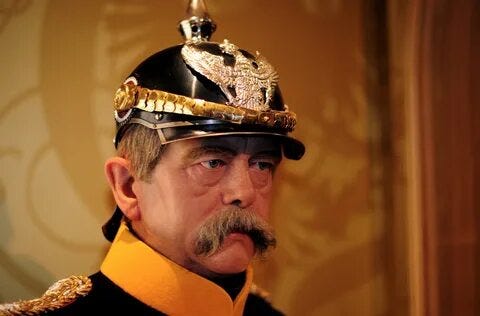




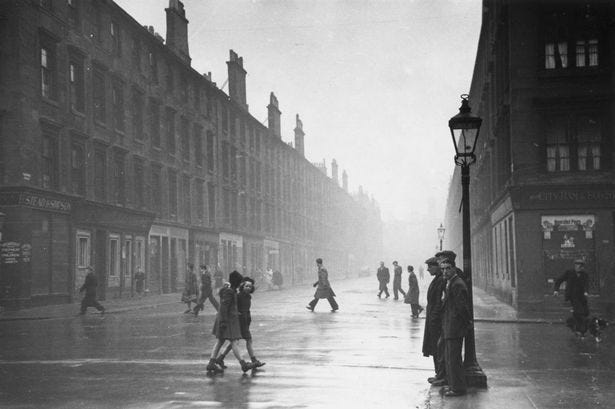
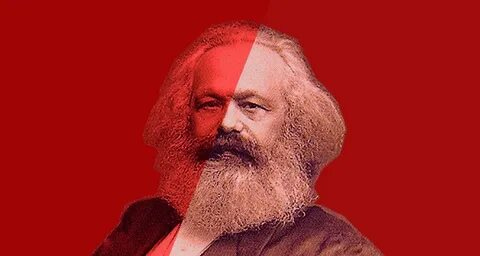

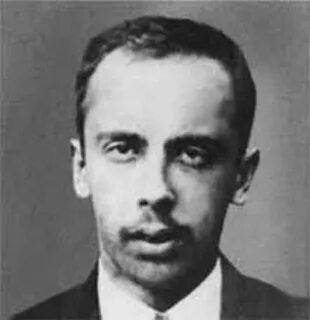
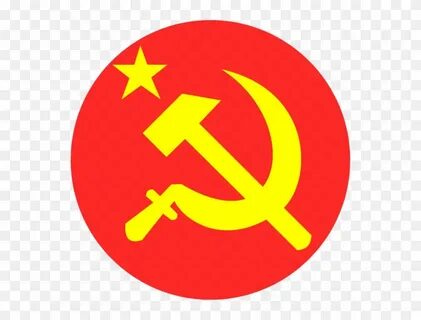
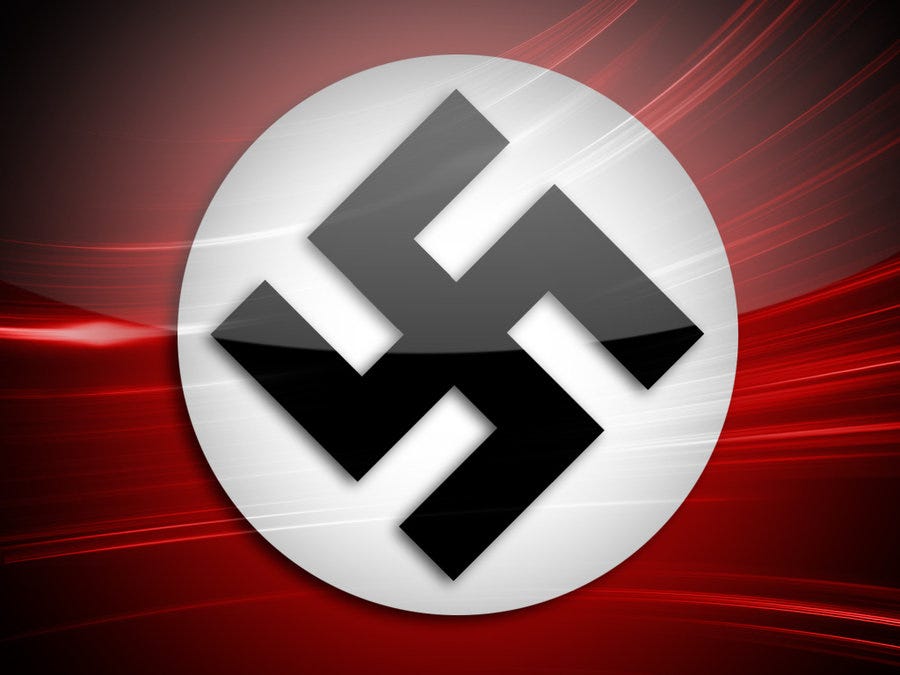
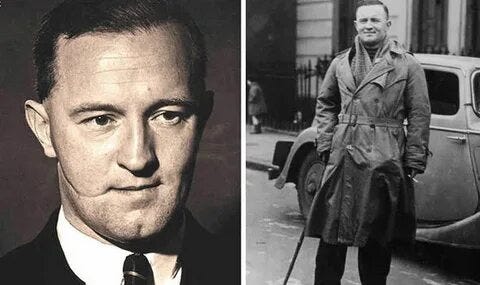

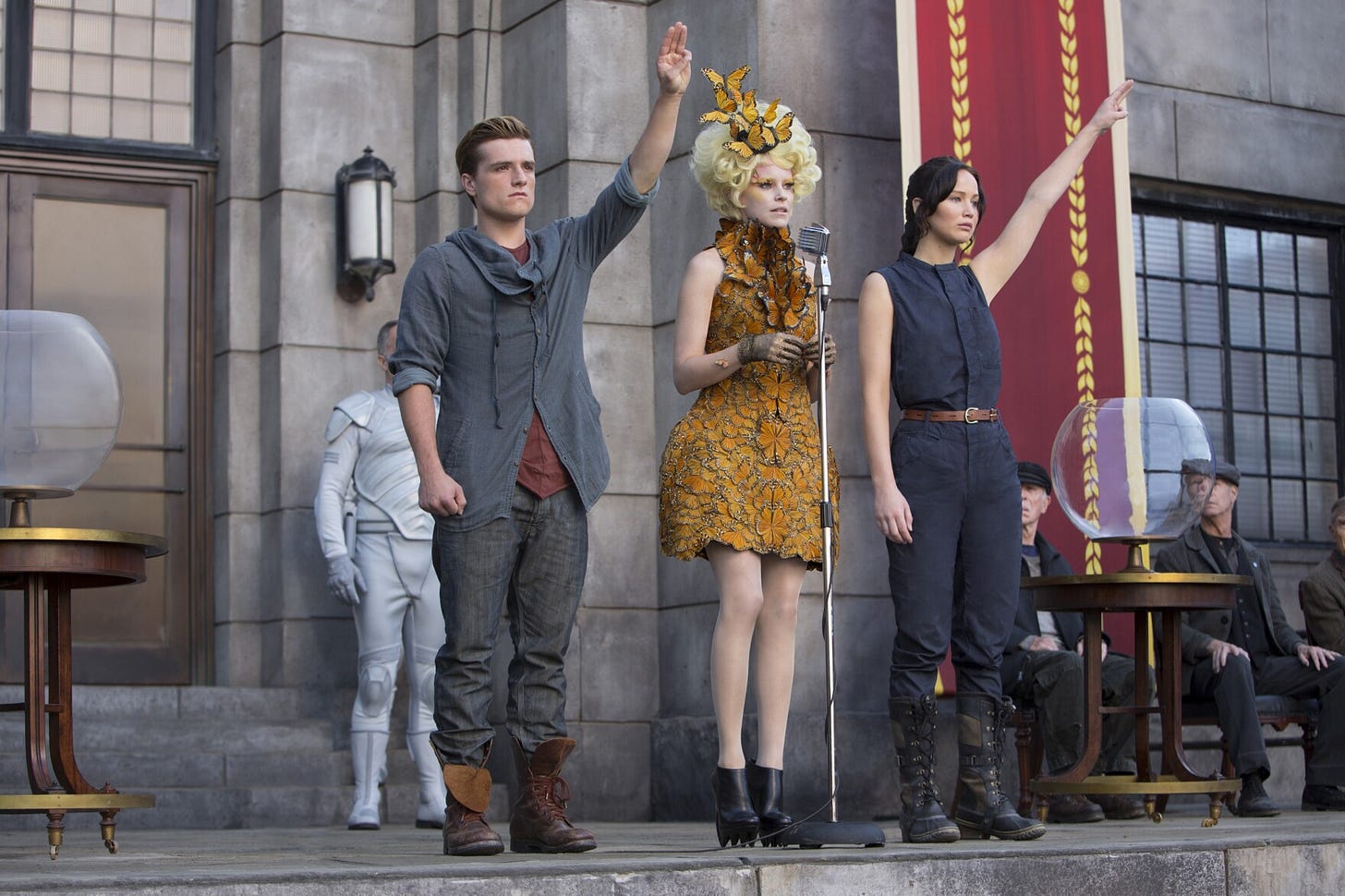
Hi Karl, regarding Pyotr Stolypin, you might enjoy reading Solzhenitsyn's novel "August 1914." It is pretty strange. In the novel, published in 1971, he writes about the start of World War 1 and the disastrous (for Russia) Battle of Tannenberg, but then he went back and added well over 100 pages to the novel in a much expanded 1984 edition - which had been suppressed in the prior edition, seen (correctly) as too anti-Soviet - and which provides much color and commentary on Stolypin, his philosophy, and Dmitry Bogrov. Other than from this novel, there is very little information on him available in English.
This, apparently, has just become available on the Web!
Notice, the outlines where the explosions took place do not conveniently match-up to what an airplane "might look like" if it had gone through the buildings. So, it appears the outside of the buildings were doctored video-graphically as well.
https://www.bitchute.com/video/pIihjv6sEtpW/